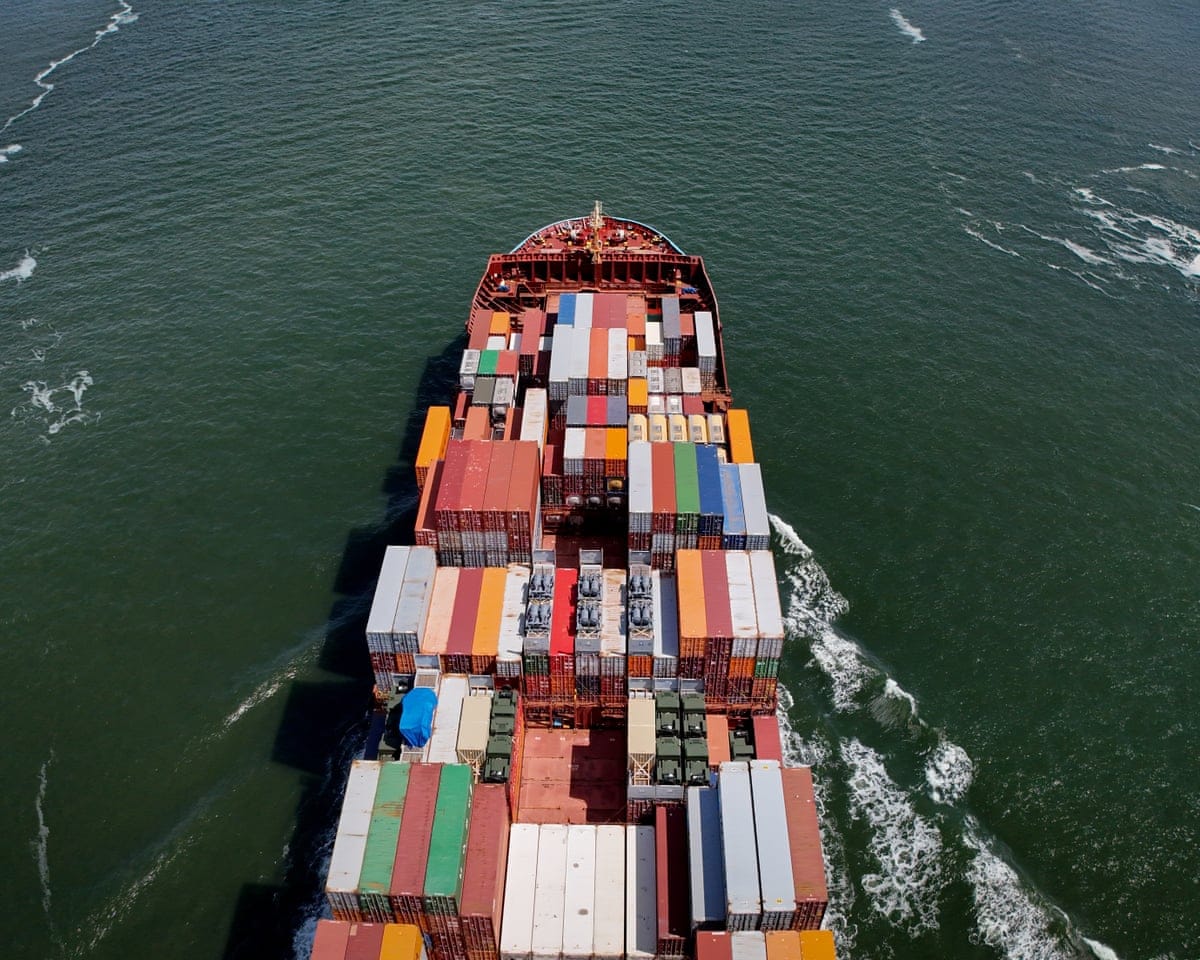The EU faces a critical week with just two days of negotiations remaining to secure a trade agreement with Washington and prevent Donald Trump’s proposed 50% tariff on European goods entering the US.
Scott Bessent, the US treasury secretary, stated on Friday that discussions—which carried on over the weekend—revolve around 15 to 18 key agreements. Meanwhile, Trump has warned of tariffs as high as 70% on certain imports.
The uncertainty from Washington has disrupted the global economy. Companies have halted investments, and the dollar recorded its worst performance in five decades during the first half of the year.
As Trump’s 9 July deadline approaches, the European Commission remains unsure how the US will approach trade with the bloc, which involves €1.6tn in transatlantic commerce.
“Among member states, the debate is whether to secure an agreement at any cost to prevent a trade conflict or to push back if the terms are unfavorable,” an EU diplomat said.
The German chancellor has advocated for a swift UK-style deal to avoid a broader trade dispute, while the French president, Emmanuel Macron, prefers holding out for more balanced terms rather than accepting a rushed agreement.
Reflecting the tensions, Brussels’ trade representative, Maroš Šefčovič, was confronted with threats of 17% tariffs on European food exports during discussions with senior US officials, including Bessent. Trump has previously labeled the EU as more difficult than China in trade matters.
Following the announcement of punitive tariffs on nearly all countries on 2 April, Trump delayed their enforcement for 90 days.
With the deadline now set to expire this Wednesday, the US is poised to impose new tariffs on multiple nations, having only finalized agreements with the UK and Vietnam so far.
This has cast doubt on whether the EU can secure more than a basic political agreement to extend discussions, while existing 10% tariffs and other charges on cars, steel, and aluminum remain.
As negotiations enter their most delicate phase, industries across Europe are preparing for potential disruption, regardless of the outcome. Many anticipate that Trump’s policies will impose at least a 10% duty on exports to the US—five times higher than the pre-2016 average of 2%.
After months of threats targeting various sectors, the EU acknowledged last week that a full trade deal was unlikely. Instead, officials are working toward a preliminary agreement, similar to the UK’s May deal, which took effect late last month.
Initially, many EU diplomats criticized the UK pact as minimal and legally questionable under WTO rules. They had hoped the bloc’s larger trade volume—€1.6tn compared to the UK’s €363bn—would result in better terms. Now, however, expectations have narrowed to a basic deal.
Read next

Ryanair plane had only six minutes of fuel upon Manchester landing, records show
Flight Narrowly Avoids Disaster After Storm Diversion
An inquiry has been launched after a Ryanair flight, struggling against severe winds during storm Amy last week, landed at Manchester Airport with only six minutes’ worth of fuel remaining.
The aircraft had been transporting passengers from Pisa, Italy, to Prestwick, Scotland, on

"Qantas customer data for 5 million exposed as hackers release info post-ransom deadline"
Hackers Leak Personal Data of 5 Million Qantas Customers on Dark Web
A cybercriminal group has released personal records of 5 million Qantas customers on the dark web after the airline did not meet their ransom demand.
The breach is part of a larger global incident affecting over 40 companies,

Investors flee record-high UK stocks as EU set to hike steel tariffs
Investors Withdraw Record Sums from Equity Funds Amid High Market Valuations
Data reveals that investors in the UK have withdrawn an unprecedented amount of money from equity funds over the past three months, driven by concerns over soaring stock market valuations.
According to the latest figures from Calastone, the largest

